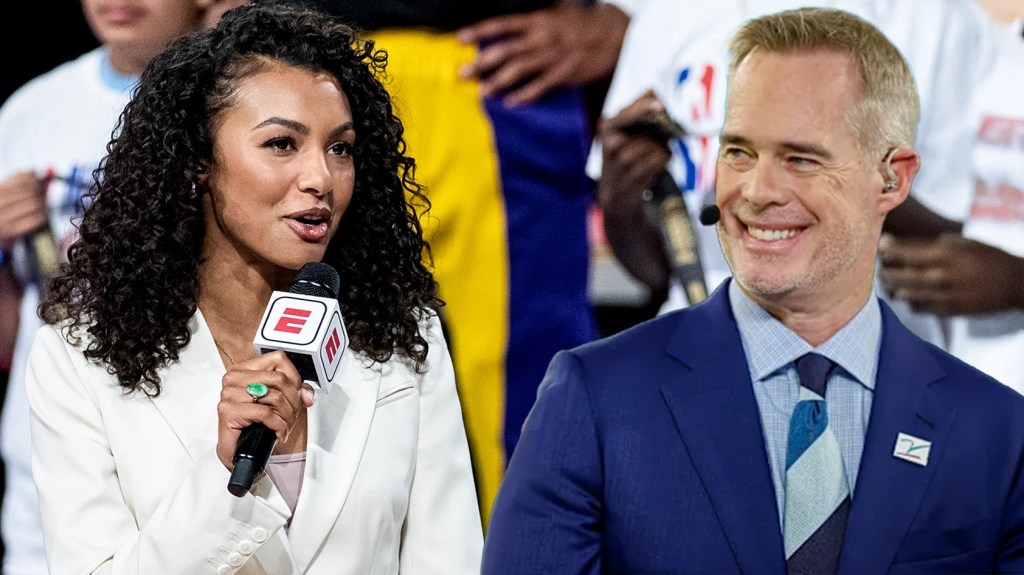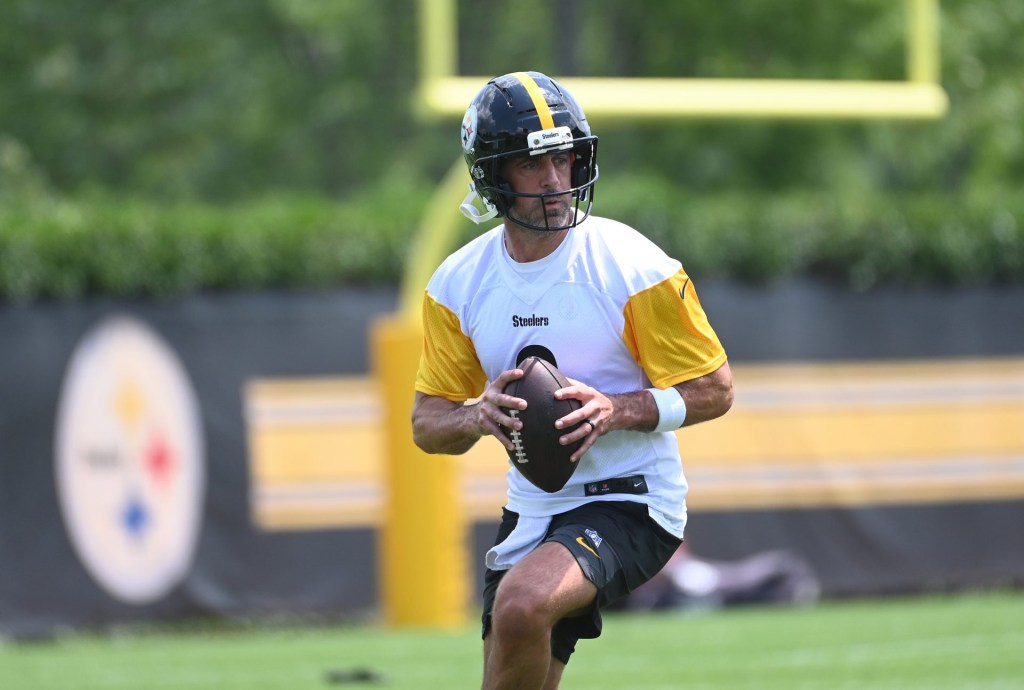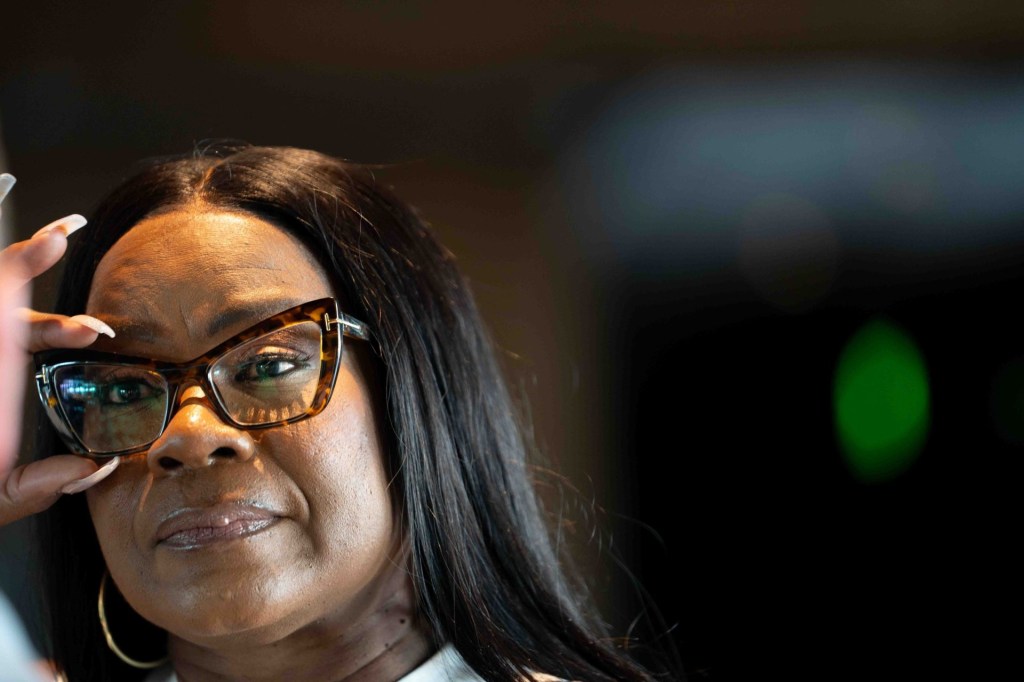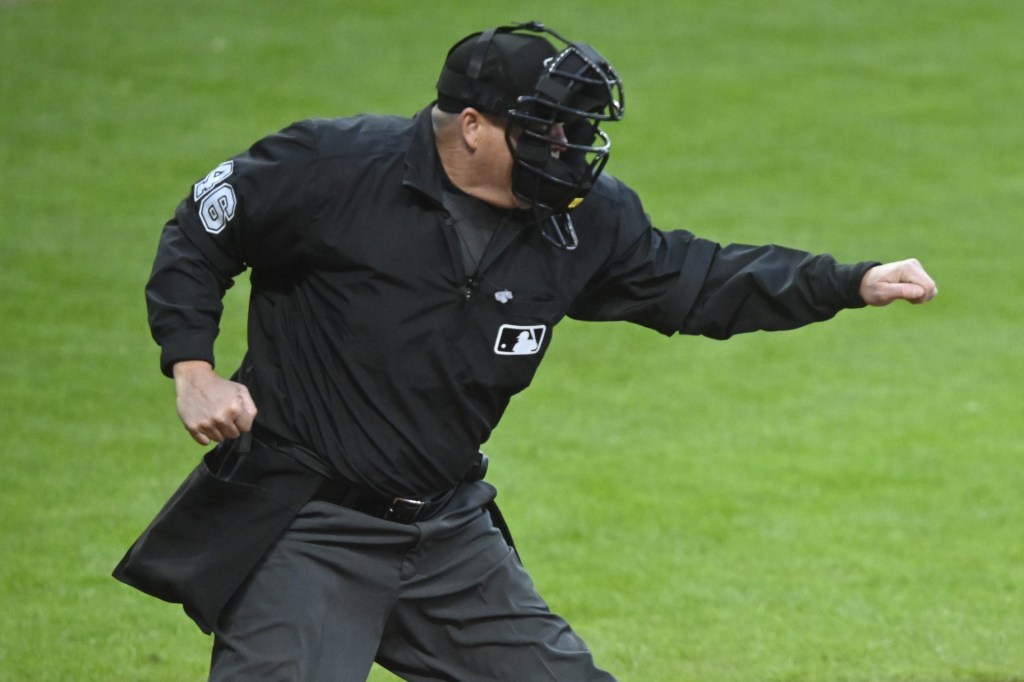This interview is presented to you by the University of Nebraska — Lincoln Master of Arts in Business with a Specialization in Intercollegiate Athletics Administration
By: Derrick Sanchez, @derricksanchez

When you take down an NBA player in a three-point contest, you’ve got bragging rights. However, when you’ve defeated two-time reigning NBA MVP Stephen Curry, then you’ve got serious game. Beckley Mason, Senior Director of Branded Content for Bleacher Report is that guy and he’ll take this victory to the grave.
Mason is a baller, but when he isn’t taking down MVPs in hoops, he’s the man responsible for monetizing Bleacher Report’s platform. According to Mason, brands can no longer get away with just buying space next to the content viewers want to see or read. He’s also building a team that can build a brand message and bring that message to life in a unique way.
On Disrupting the Social Media and Digital Landscape, HoopSpeak Blog and Blowing Out Candles for ESPN
Bleacher Report knows there are companies covering many aspects of the sports world, but they also know that there are opportunities and investments that have yet to be touched. If you haven’t kept up with Bleacher Report in the last few years, then you might have missed out on campaigns, such as their Michael Vick documentary and innovative college recruitment videos.
Take the typical way a five-star college recruitment announcement might play out. The athlete is sitting at a table inside of his school gym, surrounded by his parents and coach with a handful of college hats in front of them. Ultimately, the athlete makes his choice by selecting one of the caps of the school he’s going to.
“It’s communication in a really boring visual way.”
With Bleacher Report, it’s out with the old and in with the new.
“Our idea essentially brings in the athlete as the co-creator, gives them a voice and finds a fun way to announce it. The kids love it; we’re being asked all the time to do this sort of thing.”
With these innovative announcement videos, Bleacher Report is taking something that already exists and repurposing something that’s part of the sports culture and eventually making it fun and exciting.
Part of Bleacher Report’s strategy is how they’re impacting social media. Although it has quickly evolved, Mason recognizes that being stagnant will leave you in the dust. He has experienced first-hand how the major players have evolved since they debuted on the web. Platforms like Facebook were once primarily used to make connections with people who you want to be friends with. It’s just not what social media is used for anymore.
However, for publishers, social media has been both a gift and a curse. People are getting their information instantaneously, but companies are using social media platforms essentially as a lead generating tool.
“Problem is you couldn’t really monetize social in the past. I’m going to publish something on Facebook, not so people on Facebook will get all the information, but to get click-thrus and go to my site. I’ll be able to monetize those views on an accurate basis. Well, the reality is people click through on a low percentage. If you have stuff that’s getting a one percent click-through rate, that’s actually pretty darn good — it’s just not a sustainable model.”
Bleacher Report has been changing how people digest their content on social and they’re doing it to benefit the user experience. Because social media has made it easier for articles to be read and for videos to be seen, you can no longer just slap on a piece of content and expect a user to engage with it.
“Let’s think of the user experience on each platform and consider how they want that content delivered, how likely they’ll consume it and, for Instagram, that’s not going be a picture that makes you click a link on the bio unless it’s something incredibly important. It’s probably going to be better communicated with a video or a stat graphic or something we can do that’s interesting, but basically not just a tease to find another thing.”
Bleacher Report has separated themselves from their adversaries. By treating each of their platforms as their own magazine. They’ve created an extension of their brand and have created shareable content that you can consume right on the platform.
“That’s really been the engine of growth for our company and now we are the number one brand by engagement on Twitter, crushing our close competitors in video views with 800 million video views on social last month. It’s really expanding our scope of who we can talk to; what I’m working on is essentially how we make money with this model of publishing.”
Before landing at Bleacher Report, Mason created a basketball blog in 2010 called HoopSpeak and eventually became an NBA writer for ESPN — his dream job at the time. He literally blew out birthday candles the year before hoping to land a gig with them. HoopSpeak came about from his passion for basketball and coaching high schoolers in hoops.
“Well, I thought I love writing, I love basketball, so let me just try this; through a couple of friends, I met a kid named Ethan Strauss, who’s now a big Warriors guy for ESPN. We started writing together and we had great chemistry; we pushed each other; I think we were doing some pretty interesting things and he had a little bit of traction through another site, Warriors World, so he kind of got me noticed by some ESPN folks.”
However, after working for some of the top media publishers in the industry including more than two years at The New York Times, Mason realized journalism was not what he wanted to build his career upon. He realized that he wanted to be in a management and leadership setting, which opened up the opportunity at Bleacher Report from past relationships he made in the industry.
The Day Steph Curry Got Beat in a Shootout
Being a sportswriter granted Mason some privileges the casual fan would probably beg for. He’s interviewed and interacted with some of the best athletes on the planet, but shooting hoops with Steph Curry is on another level. According to Mason, this is a true story. Not many believe it, but it did happen when he a writer for ESPN.
“The thing is no one believes me; it’s fine, I’m not mad.”
Here’s how it went down:
“Steph was great; he’s a really nice guy and gave some good tips. I was a pretty serious player in high school, so you get in this stressful mode where you want to look good, but you don’t want to look like you’re trying too hard, especially in front of Steph. At the end of it, they did a three-point shootout with five racks with five balls. I did not shoot very well, but I’m actually a pretty good shooter — that’s my thing, but he shot even worse. My suspicion was that he threw the game for some nefarious degree-related reason, but whether he did or not, the reality is at the end of the day I had more buckets. It was pretty cool; it was before the MVP season; I think it’s pretty clear that I inspired him to the level he eventually reached.”
On Colin Kaepernick’s Silent Protest
“It’s something so simple — it’s almost passive resistance. It’s protesting by non participation, so I think it’s really easy to do, which makes it really easy to adopt; and it’s not like the issue being addressed is going anywhere. What I’m curious about is when once this level of awareness has been achieved — I’m not one of these people that think Kaep himself has to have any or all solutions, I’m just curious to see how this moves forward from here because it will. There will be a next idea, but for every athlete who’s knelt then let’s organize to do X. I’m just curious to see what that’s going to be. It’s a message that’s really powerful in it’s simplicity and also it’s 100 percent peaceful.”
On Building Your Personal Brand
Mason has a few recommendations if you’re an aspiring writer or journalist. Take it from a hustler like him, there’s a few ways to go about it.
“Work at a big place, get some money, but become a cog in the wheel — that’s fine, but I think a value of those places are really well exemplified by Bomani Jones. He’s on ESPN, but ESPN is a platform for him to build his personal brand and his personal point of view. The thing that he does with his own podcast on the side, this guy is a hustler — they’re going to give him a platform to reach millions and millions of people and that’s a way for him to continue to develop and grow his personal brand.”
He also emphasized that you absolutely need a voice in this business if you want a seat at the table.
“I would say it’s really important no matter where you’re writing, that you have a space where you can do that because, ultimately, that’s the thing that’s transferable and makes you a commodity; if you have a point of view you’re routinely expressing, you can go to any publication and say this is my voice — I’m not just a good writer, I’m not just a solid reporter, but have a voice; because once you have a voice, that’s something people will pay for.”
Follow Beckley on Twitter at @beckleymason.

















